 Sign in
Sign in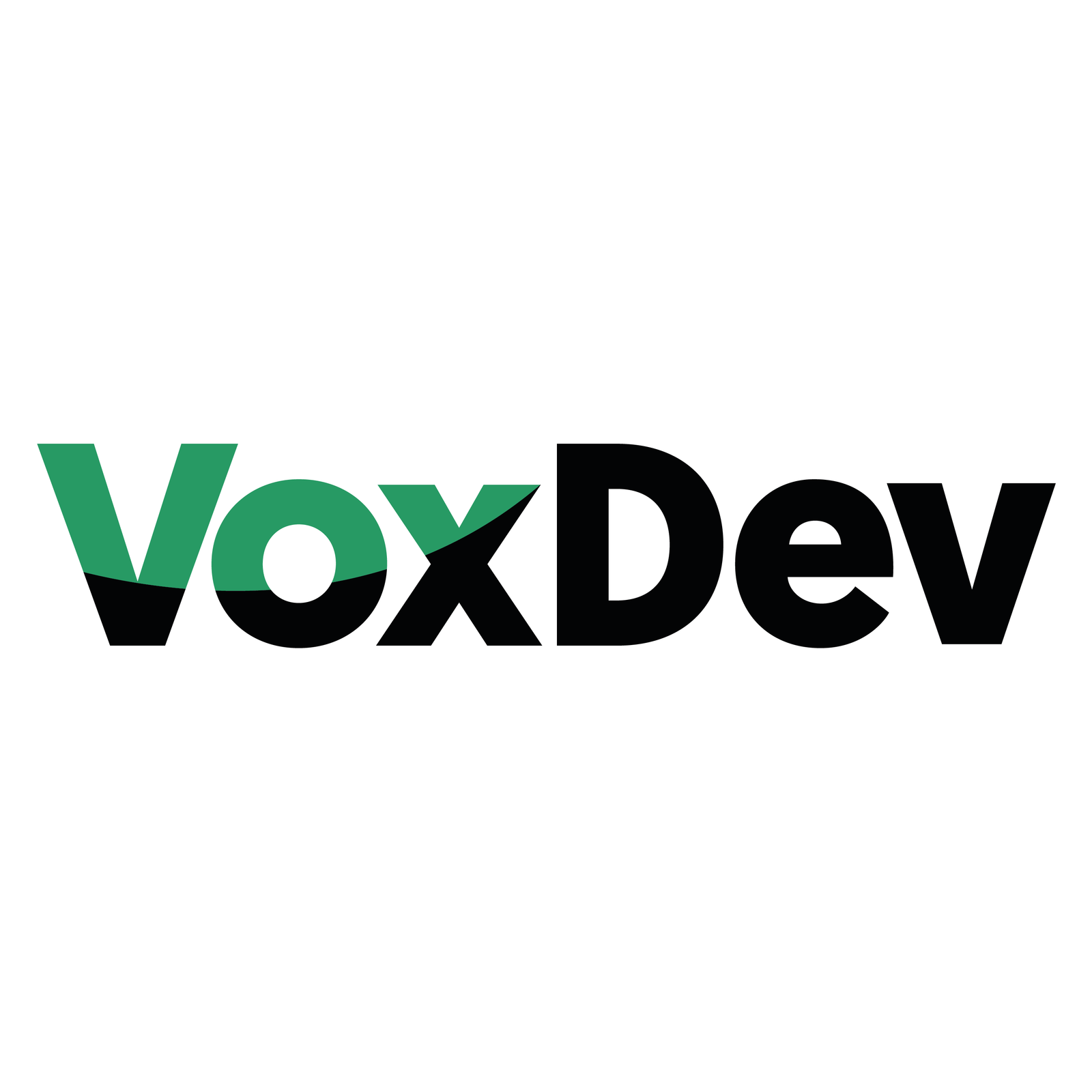
Government
Science
VoxDev.org
Hear about the cutting edge of development economics from research to practice.

S4 Ep47: How government analytics can improve public sector implementation
Can better data analysis improve the way that a government functions. The
Government Analytics Handbook, published by the World Bank, is both a practical
how-to guide and a fascinating insight into how administrators can improve the
quality of government analytics. Daniel Rogger and Christian Schuster are the
editors. They talk to Tim Phillips about the challenges, the potential – and their work
to create a community of analysts.
Read the full show notes on VoxDev: https://voxdev.org/topic/public-economics/how-government-analytics-can-improve-public-sector-implementation
46:2320/11/2024
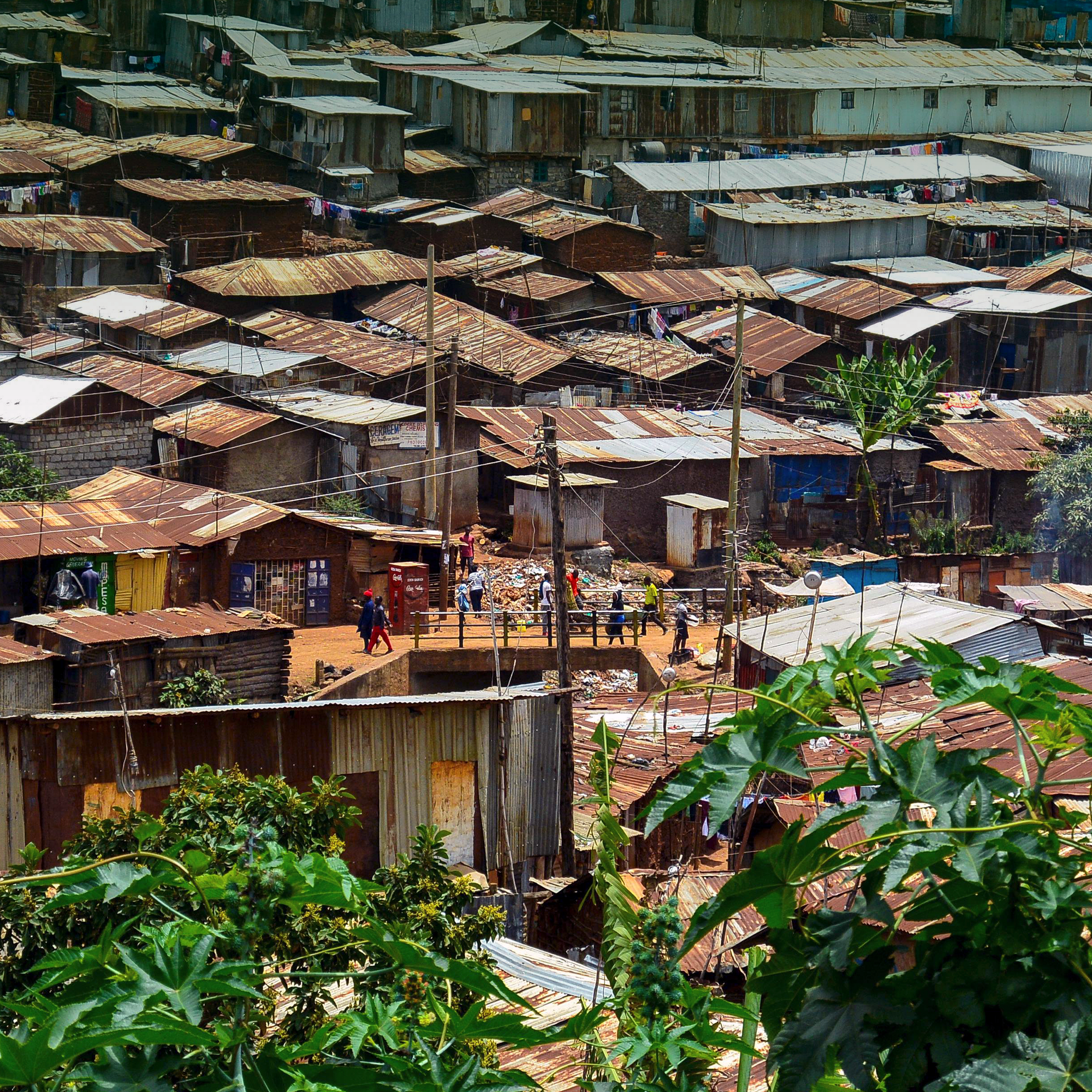
S4 Ep46: Designing cities in developing countries
As cities grow and spread, the uses to which land is put, and the value of that land,
will also change. The challenges of urban planning, construction and renewal are
complicated. But the way we address those challenges has profound impacts for the
people who live, and will live, in that physical city. Vernon Henderson and Maisy
Wong of University of Pennsylvania explain to Tim Phillips how cities adapt, change
and grow – and how that affects the lives and prospects of the people who live in
them.
31:3413/11/2024
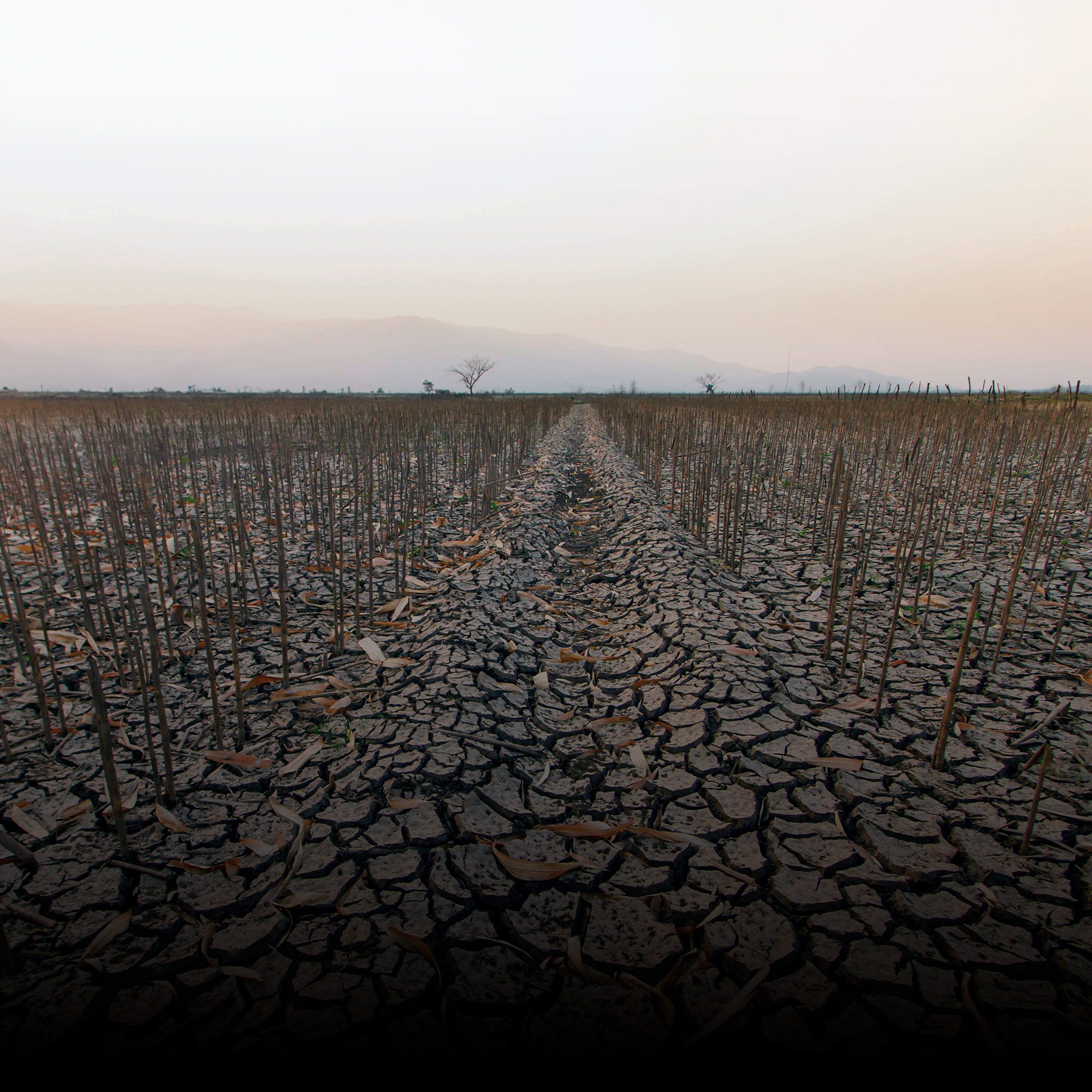
S4 Ep45: Strengthening climate resilience in agriculture
Extreme weather events are becoming more frequent, and so it has never been
more important to increase the resilience of small-scale farmers. What does
research tell us are the most effective interventions and policies to do this? In the
latest of our special episodes to discuss J-PAL policy insights, Tavneet Suri talks to
Tim Phillips about how we can strengthen the resilience of farmers to climate
change.
Read the full show notes on VoxDev: https://voxdev.org/topic/energy-environment/financing-climate-adaptation-what-works-what-doesnt-and-can-carbon-credits
22:4607/11/2024

S5 Ep1: Development Dialogues: Financing climate adaptation
In the first episode of a regular collaboration between Yale's Economic Growth
Center and VoxDev, host Catherine Cheney speaks to Catherine Wolfram and
Namrata Kala of the MIT Sloan School, and Rohini Pande of Yale, about how to
finance climate adaptation. They discuss what works and what doesn't, what role
carbon markets play, and also discuss the upcoming United Nations Climate
Change Summit, COP 29.
34:1905/11/2024

S4 Ep43: The role of cities in economic development
If you go to the IGC web site, you will discover the BREAD-IGC virtual PhD-level
course in economics. The topic for 2024 is urbanisation and the economics of cities
in low and middle-income countries. Ed Glaeser and Diego Puga gave the first talk,
about the dynamic city. They talk to Tim Phillips about what attracts people to cities,
how those cities constantly change and adapt to the needs of those new arrivals,
and the urgent need for research into how cities grow and change outside high-
income countries.
Read the full show notes on VoxDev: https://voxdev.org/topic/migration-urbanisation/role-cities-economic-development
23:3630/10/2024

S4 Ep42: Can we use experiments to understand institutions?
Institutions help to determine economic growth. But studying how they do this using
the rigorous experimental techniques popularised in the credibility revolution is
difficult. A new review highlights an exciting new wave of empirical research into the
consequences of institutional change. Michael Callen and Jonathan Weigel talk to
Tim Phillips about how we can do experiments about institutions.
Read the full show notes here: https://voxdev.org/topic/institutions-political-economy/can-we-use-experiments-understand-institutions
30:4723/10/2024
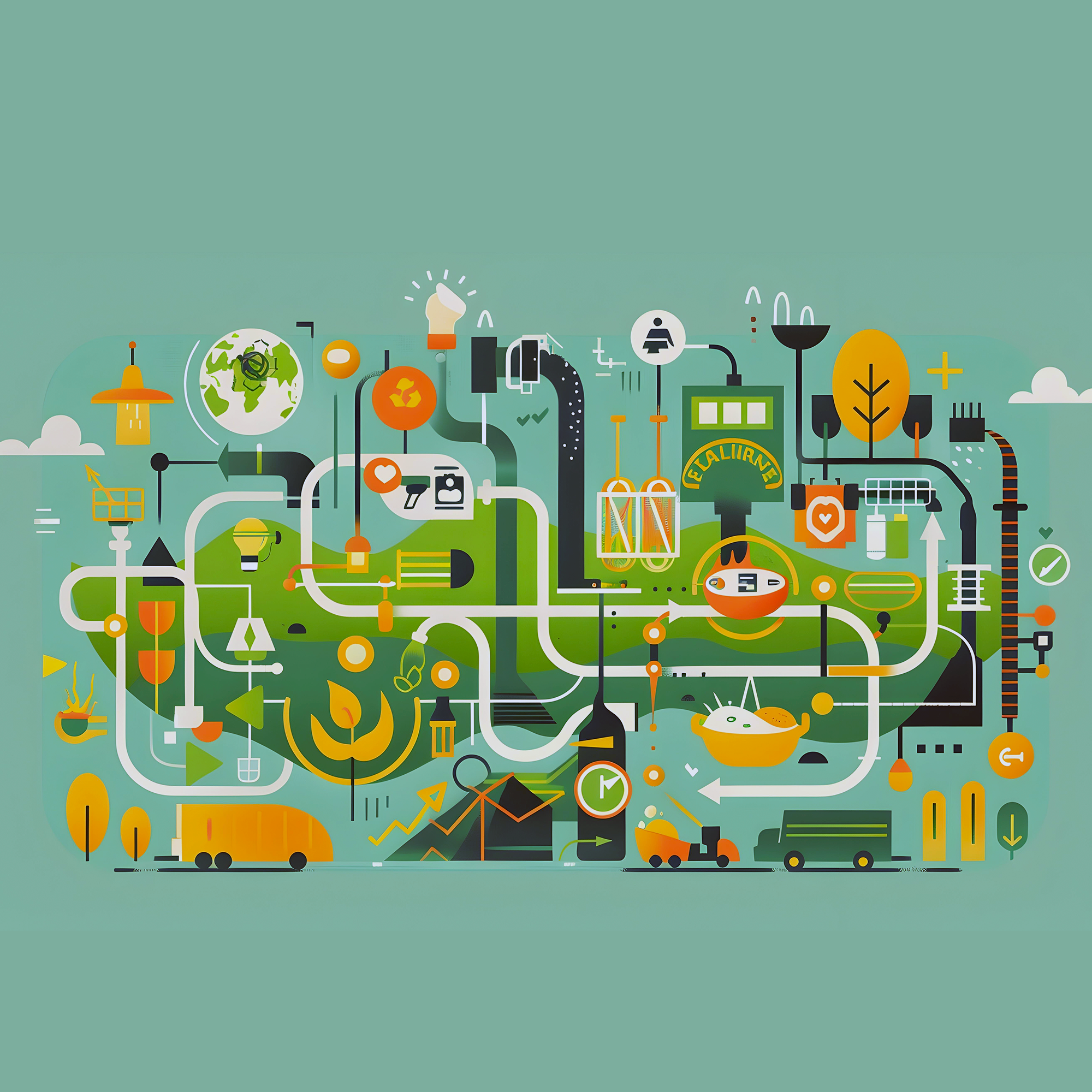
S4 Ep41: What can we learn from food economics?
A new open access textbook called Food Economics analyses the connections
between agriculture and resource use, commodity trade, food businesses, and retail
markets. It covers how food is produced, brought to market, and sold. But it also
looks at consumption: why many have too little food, and the problems caused by
malnutrition. Will Masters and Amelia Finaret, the authors, tell Tim Phillips who is it
for, and what they can learn.
Read the full show notes here: https://voxdev.org/topic/agriculture/what-can-we-learn-food-economics
32:4016/10/2024

S4 Ep40: How connecting firms to markets can promote economic development
Small businesses in LMICs provide most of the employment. But they could provide
many more jobs if the best of them could unlock their potential to grow. In the latest
of our series of VoxDev Talks based on J-PAL special reports, Tim Phillips talks to
David Atkin about how we can do a better job of connecting firms and entrepreneurs
to markets.
Read the full show notes here: https://voxdev.org/topic/firms/how-connecting-firms-markets-can-promote-economic-development
19:1809/10/2024

S4 Ep39: The gap between education policy and practice
More children than ever in LMICs go to school – but they still don’t learn as much as
we would want, and the difference between the educational haves and the have-nots
is widening. Noam Angrist joins Tim Phillips to talk about the size of the gap between
education policy and practice, why it exists, why economic development alone isn’t
closing it, and how we can improve policy implementation in future.
Read the full show notes here: https://voxdev.org/topic/education/gap-between-education-policy-and-practice
18:1303/10/2024
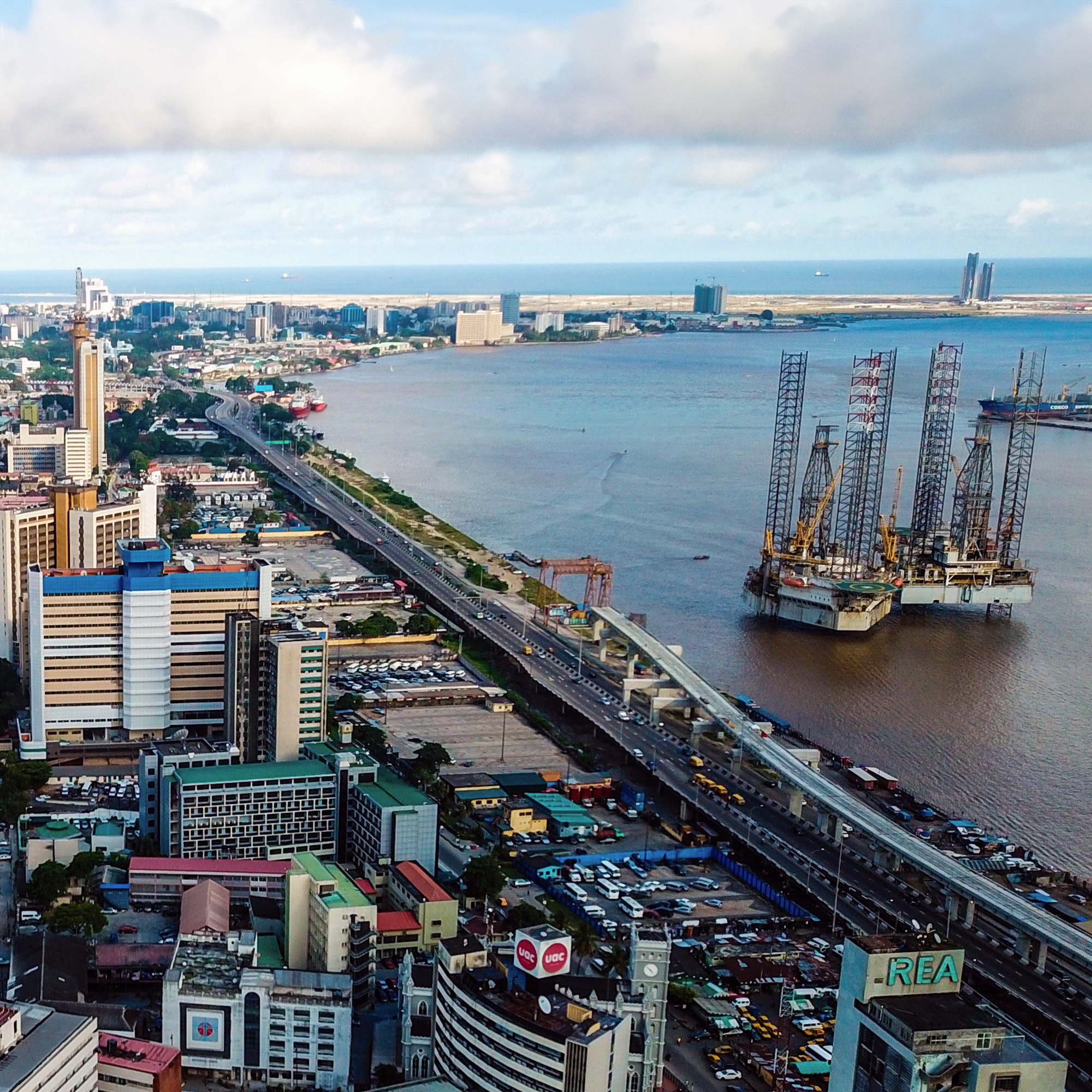
S4 Ep38: Navigating macroeconomic shocks in sub-Saharan Africa
Since 2020, governments everywhere have had to grapple with the impacts of first
Covid-19 and then a series of global shocks, not least the Russian invasion of
Ukraine. The challenges have been particularly acute in Africa. Christopher Adam
has seen the impacts of these shocks at first hand – and has also advised some of
the people who have been making policy in Africa to mitigate their effects. He talks to
Tim Phillips about how global shocks constrain Africa’s policymakers and how the
after-effects of this “polycrisis” will be felt in future.
39:0125/09/2024

S4 Ep37: How do floods impact economic development?
Dev Patel of Harvard describes Bangladesh as “ground zero for the harmful effects
of climate change”. Extreme weather events, particularly floods, are already affecting
the lives of millions of people who live there and are making life more difficult for the
country’s farmers. He tells Tim Phillips how he harnessed machine learning to create
for the first time reliable global data on flooding – and also used his methods to find a
way to give Bangladesh’s beleaguered farmers better data on what crops to grow.
Check out the full show notes on VoxDev: https://voxdev.org/topic/energy-environment/how-do-floods-impact-economic-development
28:4418/09/2024
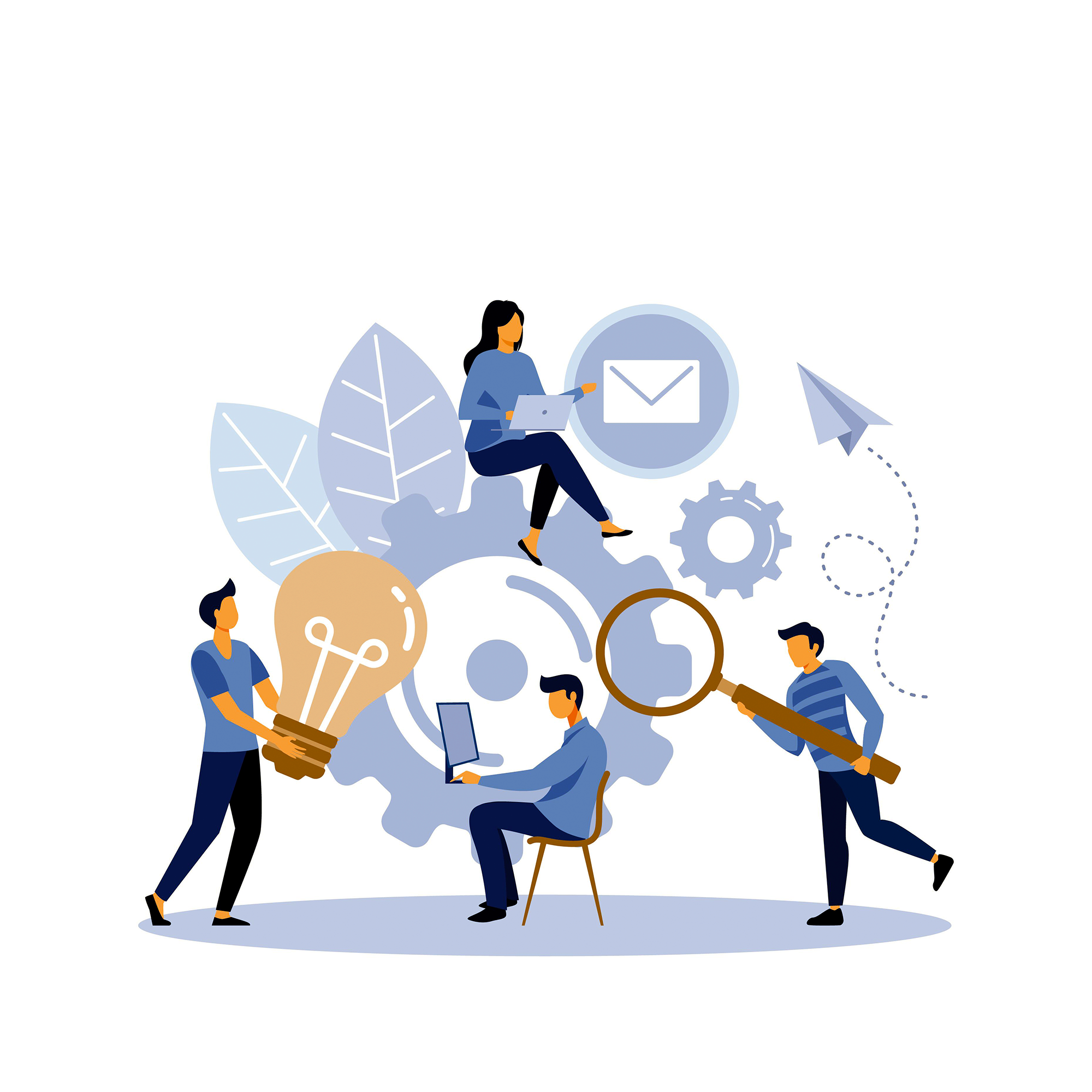
S4 Ep36: How meritocracy varies across the world
In a meritocracy more people can do jobs that match their skills, making them more productive. It’s not just good for them, it’s good for the economy too. So how effective are the policies that try to make countries more meritocratic? Oriana Bandiera and Ilse Lindenlaub tell Tim Phillips how much productivity countries are sacrificing because the wrong people are in the wrong jobs, which countries are most meritocratic, and how we can best help the others to catch up.
Check out the full show notes on VoxDev: https://voxdev.org/topic/macroeconomics-growth/how-meritocracy-varies-across-world
17:3211/09/2024
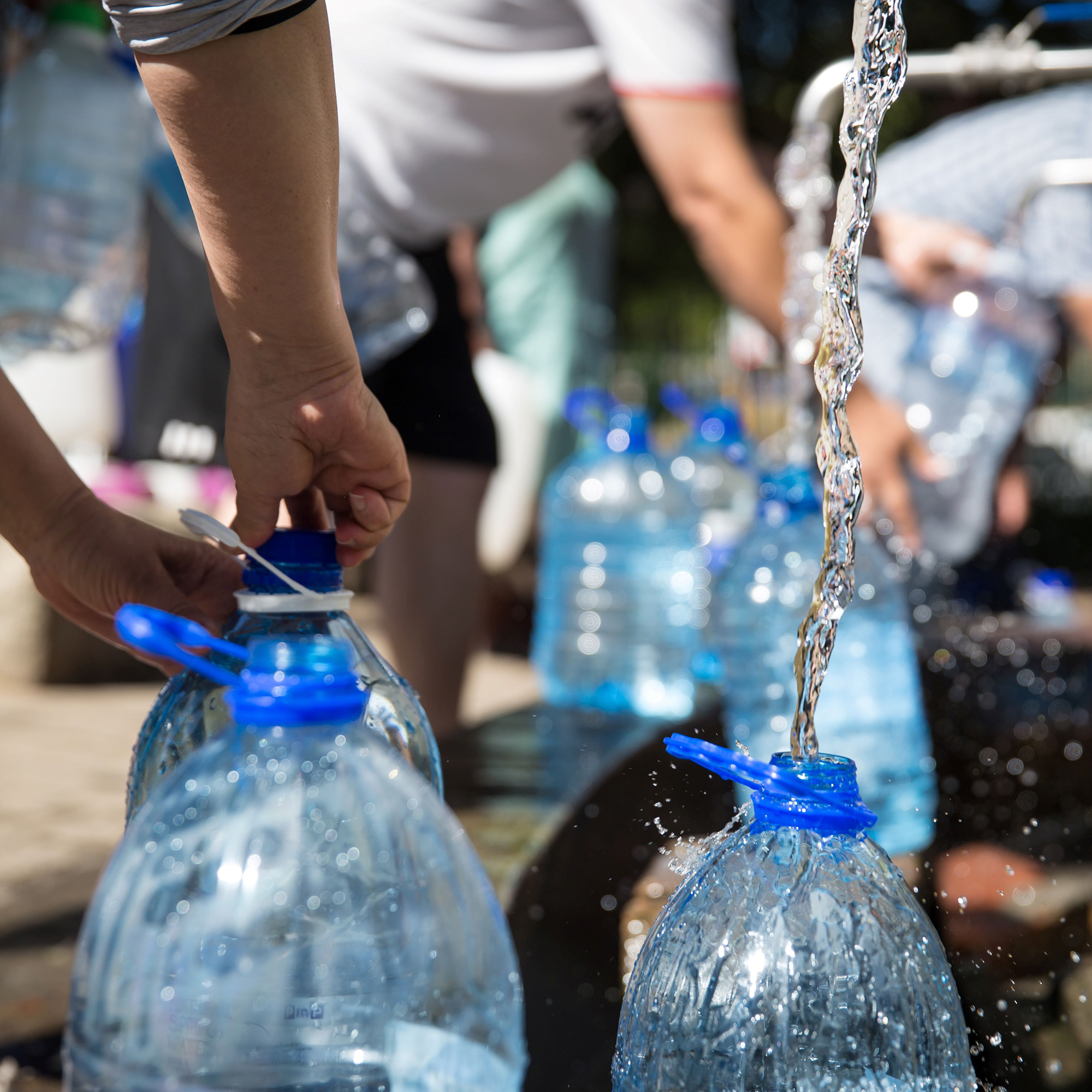
S4 Ep35: Improving access to clean water
More people die from contaminated drinking water and poor sanitation than from
water-related disasters. What are the consequences if we don’t provide safe drinking
water, especially for children, and what technologies and policies can accelerate that
change? In the first of a series of VoxDev Talks based on J-PAL Policy Insights,
Pascaline Dupas of Princeton, also Scientific Director for J-PAL Africa, explains the
importance of clean water to Tim Phillips.
Check out the full show notes on VoxDev: https://voxdev.org/topic/health/improving-access-and-usage-clean-water
22:2604/09/2024

S4 Ep34: The past, present and future of development economics
Pranab Bardhan of Berkeley has recently published a memoir called Charaiveti: An
Academic’s Global Journey. It takes in his childhood in India, and his academic
career in the UK, India and the US. The book takes in topics as diverse as whether
the questions Marx asked are still relevant today, what economists can learn from
anthropologists, what the Chinese government got right (and wrong), and the
dangers of offering policy prescriptions for places we have never visited. He talks to
Tim Phillips about the past, and the future, of development economics.
Check out the full show notes on VoxDev: https://voxdev.org/topic/institutions-political-economy/past-present-and-future-development-economics
38:3428/08/2024
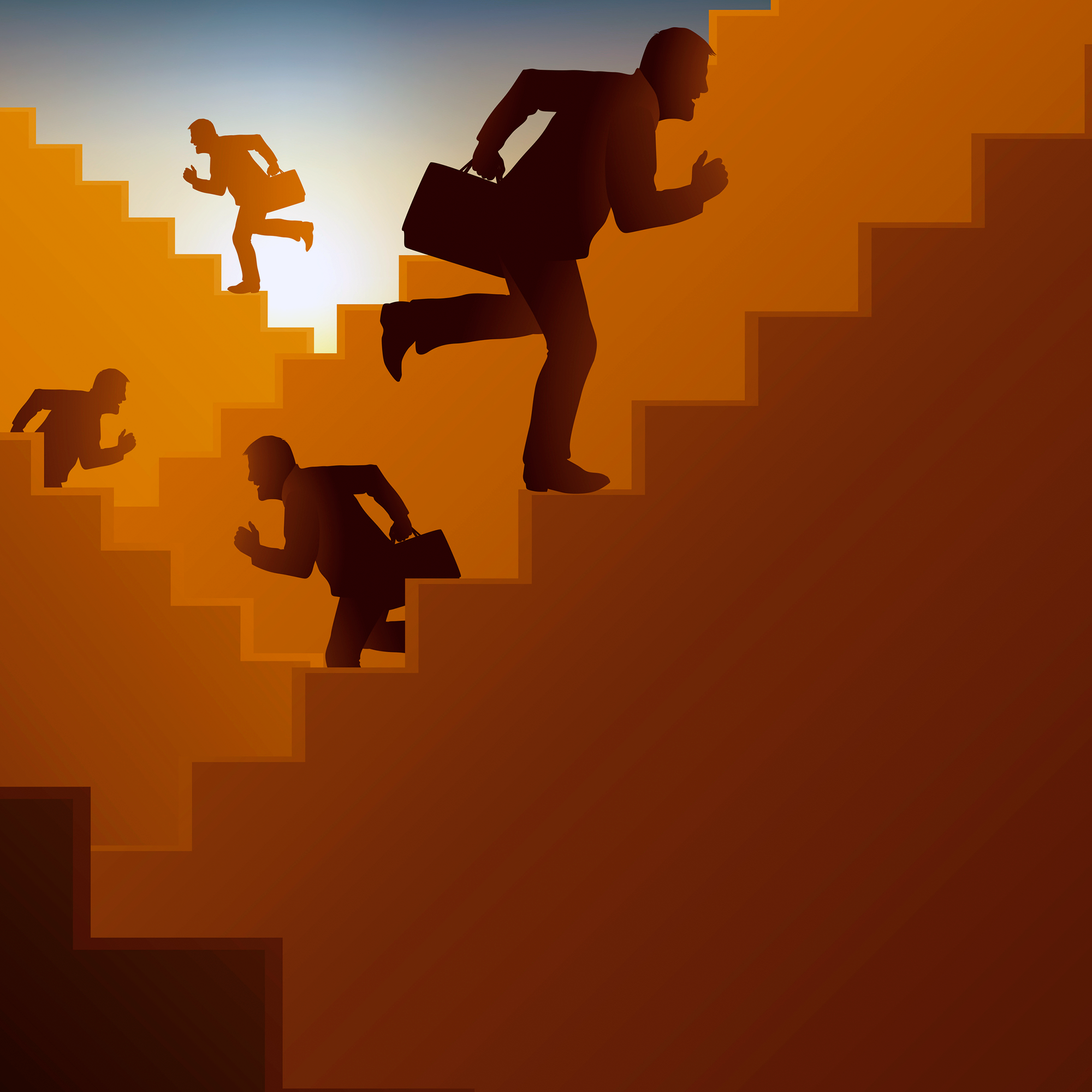
S4 Ep33: Measuring upward mobility in developing countries
We don’t know much about economic mobility in developing countries compared to
the wealthier, data-rich societies which have been the subjects of so much recent
research. What does the data tell us so far, and what is important to find out? Debraj
Ray and Garance Genicot tell Tim Phillips why measuring upward mobility in low-
and middle-income countries is both difficult and important, and what their research
is revealing about the impact of growth on that mobility.
35:0421/08/2024

S4 Ep32: Communicating evidence on education policy
In May 2024 the world’s largest gathering of education and skills ministers took place
in London. Tahir Andrabi was there to meet policymakers in his capacity as a
member of the Global Education Evidence Advisory Panel (GEEAP). GEEAP
analyses existing research in education to discover which policies are “smart buys”
for governments, and which are not. He talks to Tim Phillips to talk about how
policymakers respond when their ideas are challenged, and the potential benefits
from making better decisions about education policy.
25:4814/08/2024

S4 Ep31: The role of economics in promoting lasting peace
Conflict destroys people, communities, and entire economies. If we reduce the amount of conflict in the world, we save lives and reduce poverty. Dominic Rohner of the University of Lausanne tells Tim Phillips about his new book called The Peace Formula, which sets out a different way to prevent and resolve conflict.
18:5701/08/2024
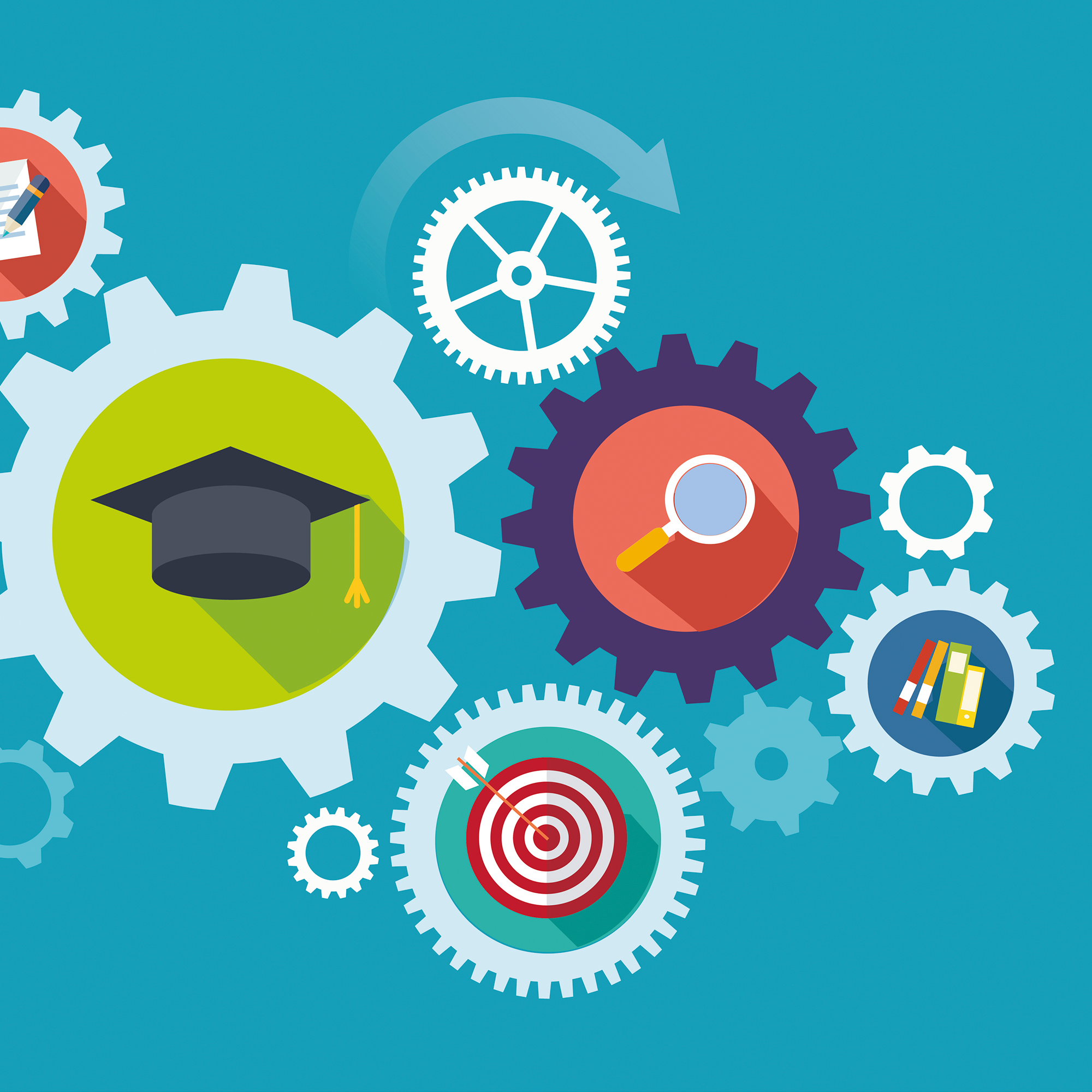
S4 Ep30: Vocational and apprenticeship training in developing countries
It makes sense that vocational training and apprenticeships would be an effective way to help young people find productive work in the global south. But evidence to support this reasonable assumption has been weak, and many researchers find little or no effect. Subha Mani and Neha Agarwal have reviewed the evidence, and they tell Tim Phillips that one type of training shows strong results. It’s just not the type that is often implemented.
21:3530/07/2024

S4 Ep29: How do fathers influence early childhood development?
Mothers traditionally provide most of the care for children in early years. What role
do fathers play, what difference would it make if they did more, and how could policy
incentivise them to do exactly that? David Evans and Pamela Jakiela talk to Tim
Phillips about the benefit of involving fathers in early childhood development, but
also how adapting parenting programmes to involve fathers isn’t straightforward.
22:3324/07/2024

S4 Ep28: Paul Collier: Economics for the left behind
Paul Collier has for many years challenged the conventional wisdom of development
economics, bringing our attention to the real-world impact of policies many of us take
for granted. His new book is called Left Behind. It is about how some countries or
regions in the world fall behind, and what we can do to help them recover. In this
week’s episode he talks to Tim Phillips about what causes a place to be left behind,
the difficulty in stopping that downward spiral, and what the places that have
recovered have in common.
49:3217/07/2024

S4 Ep27: Can flexible work bypass gender norms?
If women in developing countries want to work, what keeps them out of the labour
force? Is it the other tasks they have to do, or the expectations of the people around
them? Two new papers experiment with the effect of offering flexible working to
women in India, Lisa Ho talks to Tim Phillips about what the results might mean for
the millions of women in India and beyond who would like to work, but don’t.
25:3410/07/2024

S4 Ep26: Maximising impact: Open Philanthropy's approach to choosing causes
If you want to do good, and do not have unlimited funds, how do you choose? Which
places, people, and situations are most deserving? Do you invest in economic
benefits or lives saved? Open Philanthropy in an organisation that aims to rigorously
optimise the impact of every dollar it spends. Emily Oehlsen tells Tim Phillips about
its successes so far, and how it still sometimes gets it wrong.
25:4703/07/2024
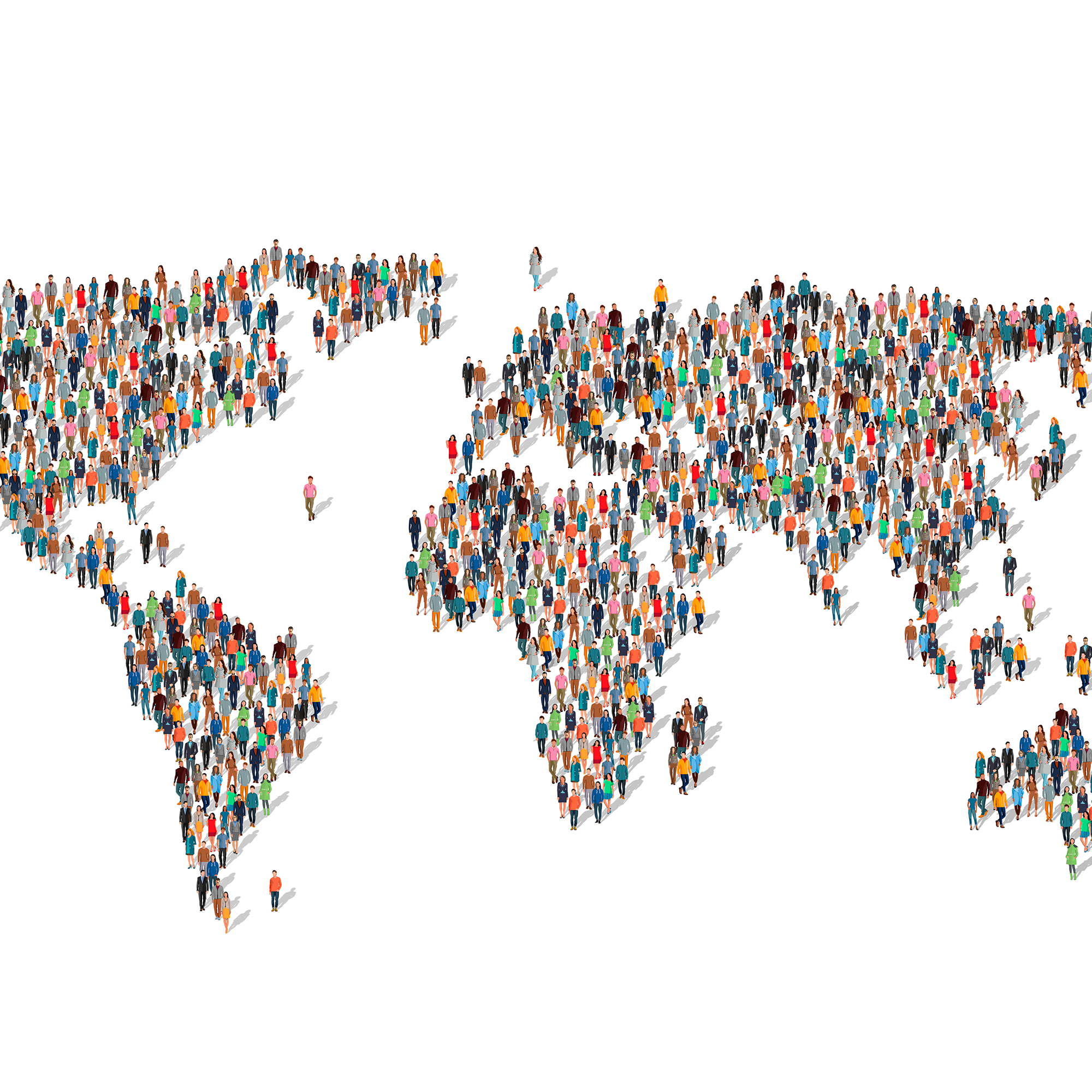
S4 Ep25: Rethinking how we measure extreme poverty
Many of us can recall when we first discovered there were more than a billion people
in the world who lived on “a dollar a day”. This extreme poverty line been effective at
raising awareness of the goals of development. But, if we want to eradicate poverty
rather than describe it, is it a useful tool – and what could improve on it? Charles
Kenny discusses how the line is drawn, and how it could be improved, with Tim
Phillips.
24:1326/06/2024

S4 Ep24: Depression and loneliness among the elderly in LMICs
In developing countries, we know comparatively little about how well the elderly cope
with problems like depression and loneliness. There are few policies to support
sufferers, partly because of this lack of data. Maddie McKelway and Garima Sharma
tell Tim Phillips about some of the surprising revelations of a new cross-country
study and suggest ways in which policy can improve the mental health of seniors.
23:0219/06/2024

S4 Ep23: Adaptation on the frontline of climate change
“There’s only so much adapting you can do with so few resources.” That’s a warning
from Asif Saleh, the executive director of BRAC, about the impact of the climate
crisis in Bangladesh. Changes in the climate are causing severe problems already
for millions of the world’s poorest people. A combination of ingenuity and hard work
is staving off disaster for now – but for how long?
29:2612/06/2024

S4 Ep22: How to policymakers interpret different types of evidence?
How does new evidence influence the beliefs of policymakers, and when do hidden
biases of beliefs lead to bad policy decisions? There is more rigorous empirical
evidence on which interventions work than ever. But that doesn’t translate into better
policy unless a policymaker acts on it. Eva Vivalt and Tim Phillips offer advice to
researchers on how to present their insights.
16:3305/06/2024
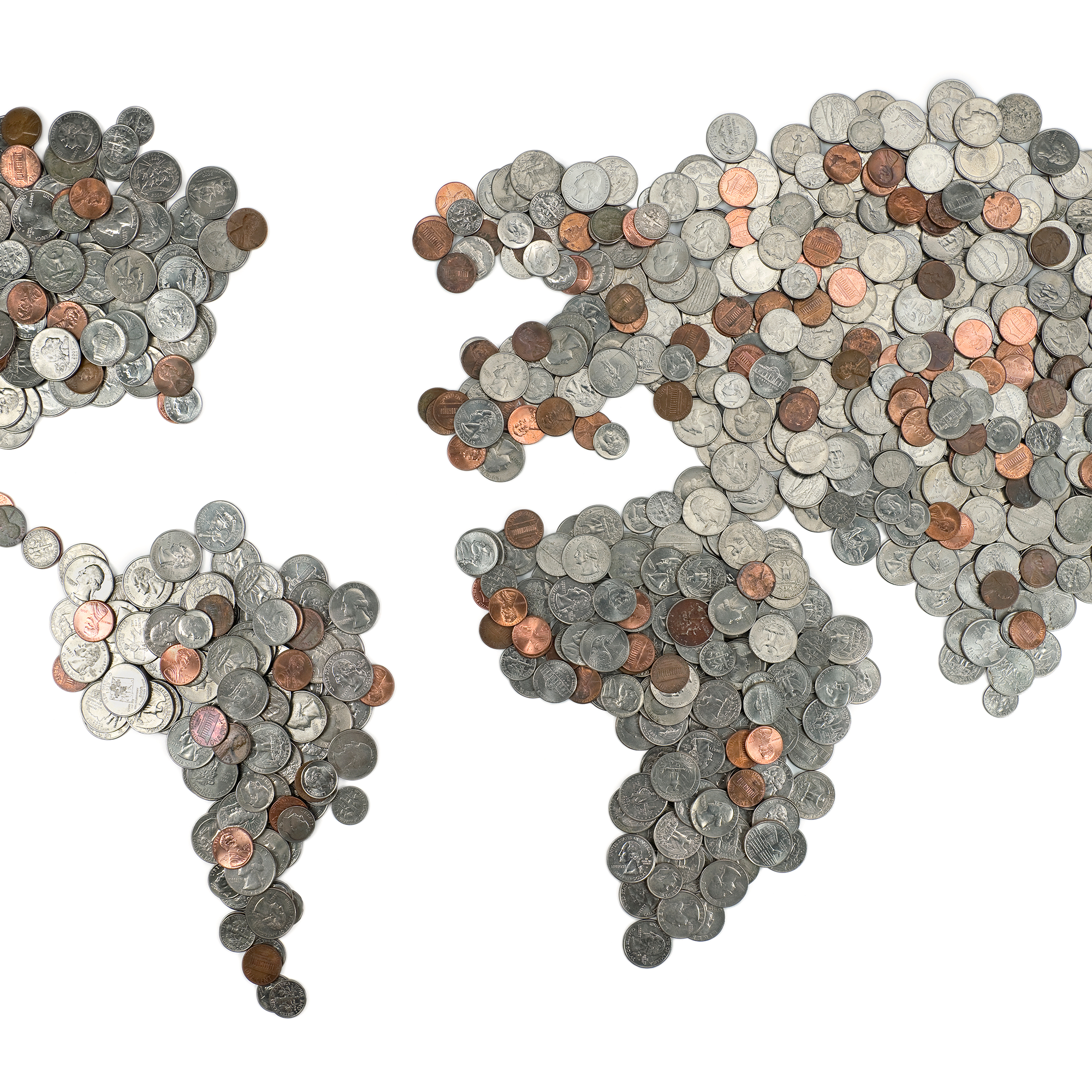
S4 Ep21: How can LMICs collect more taxes?
In both high- and low-income countries, taxes are the main source of government
revenue. They fund roads, schools, and social programmes. But the average tax-to-
GDP ratio in a developing country is less than half of the ratio in the global north.
Oyebola Okunogbe tells Tim Phillips about the innovative ways that many LMICs are
using to collect the taxes that will finance their growth.
29:3229/05/2024
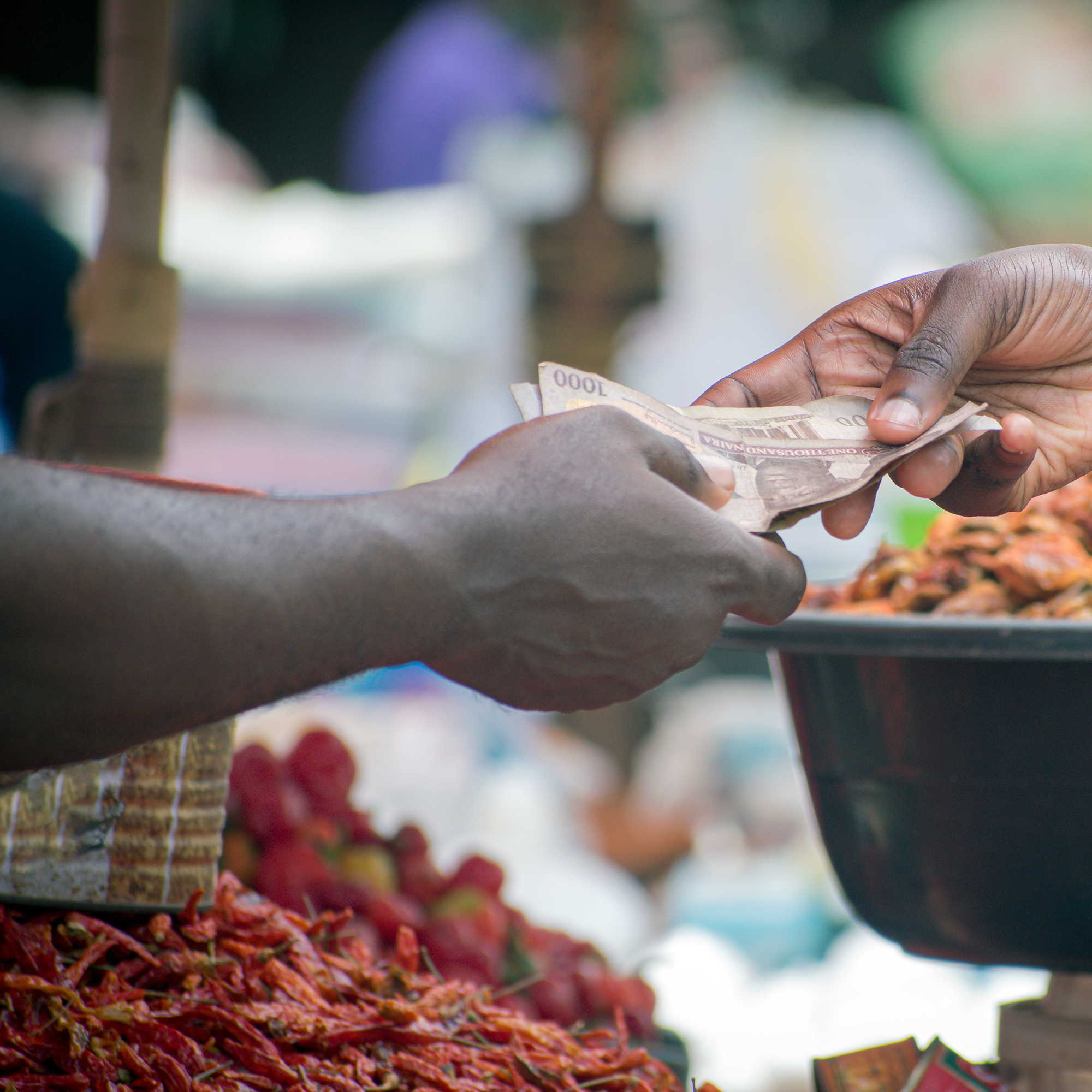
S4 Ep20: How equitable are taxes in LMICs?
Inequality is high in many LMICs, and progressive taxation is a policy tool that would reduce it. But would a personal income tax or a consumption tax redistribute in the same way as in a high-income country? Lucie Gadenne of Queen Mary University of London and the IFS tells Tim Phillips that one of these taxes may be less progressive, and one may be more progressive, than we expect.
19:3322/05/2024

S4 Ep19: Pathways to development in a less integrated world
In a world of economic nationalism rather than integration, the export-led pathway to
development that transformed China, Vietnam and other countries might no longer
be effective. Instead, Penny Goldberg tells Tim Phillips, policies for poverty reduction
now also need to answer the question of where demand will come from, and that
may require more emphasis on creating a domestic middle class.
23:0115/05/2024

S4 Ep18: Harnessing technology to boost African agriculture
Agriculture makes up a large share of employment and GDP in Africa, but crop yields remain stubbornly low. VoxDev has published Issue 2 of Agricultural Technology in Africa, which reviews what the published literature can – and cannot – explain about this stagnation. Chris Udry, one of the editors, tells Tim Phillips about the impact of this stagnation on living standards in Africa, and insights from recent research that can potentially make a difference.
Read the VoxDevLit: https://voxdev.org/voxdevlit/agricultural-technology-africa
17:3208/05/2024
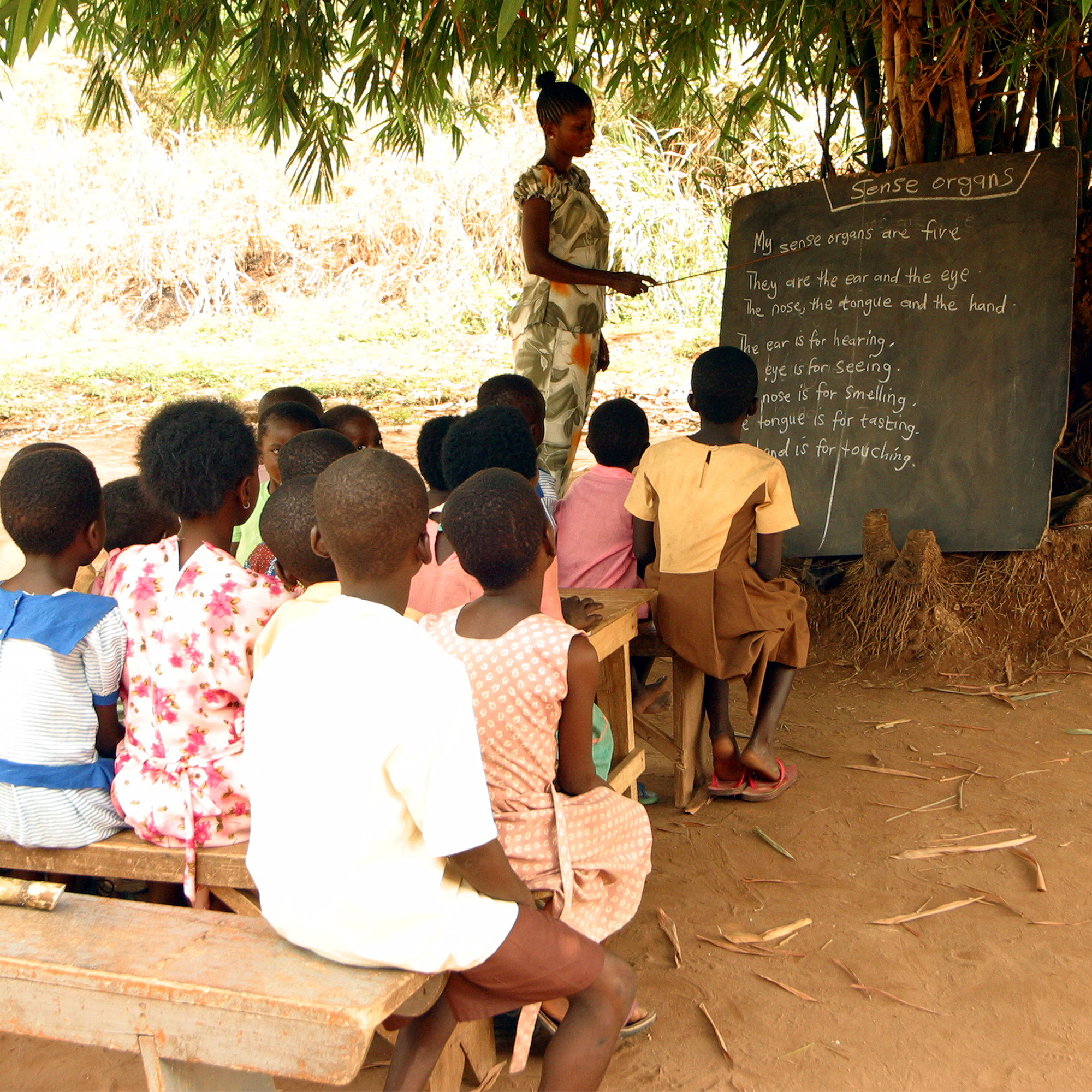
S4 Ep17: Increasing learning at scale in Ghana
How can we take what we learn in educational RCTs and apply it at scale to many
schools, maybe in many countries? Adrienne Lucas talks to Tim Phillips about the
project she was part of to improve learning in Ghana, the difference between small-
and large-scale trials, and the challenge of implementing policies results without
perfect compliance or daily monitoring.
26:2601/05/2024

S4 Ep16: Electricity shortages and unemployment in Africa
In high-income countries, we take a reliable electricity supply for granted. But in parts
of the world where that reliable electricity supply isn’t available, what is the effect of
frequent power outages on employment? Justice Tei Mensah of The World Bank tells
Tim Phillips about how power cuts translate to job cuts.
21:2624/04/2024
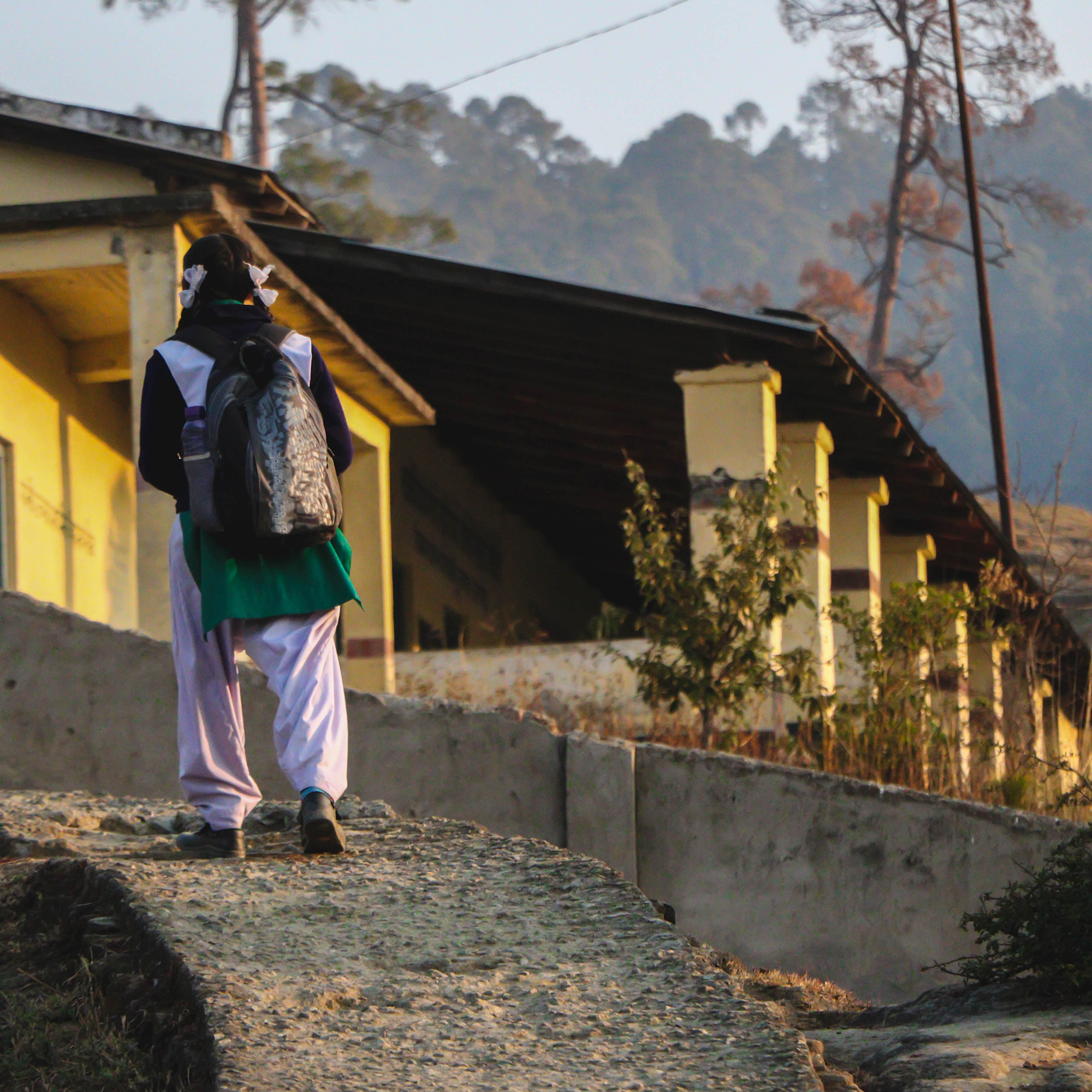
S4 Ep15: The global learning crisis
In September 2022 António Guterres, UN Secretary-General, convened the Transforming Education Summit by telling education stakeholders from around the world that education is “beset by inequalities and struggling to adjust to the needs of the 21st century”. Their task: to tackle the global learning crisis by transforming their education systems. Robert Jenkins of UNICEF talks to Tim Phillips about the progress that has been made to solve what he calls “the global learning crisis”.
29:5117/04/2024
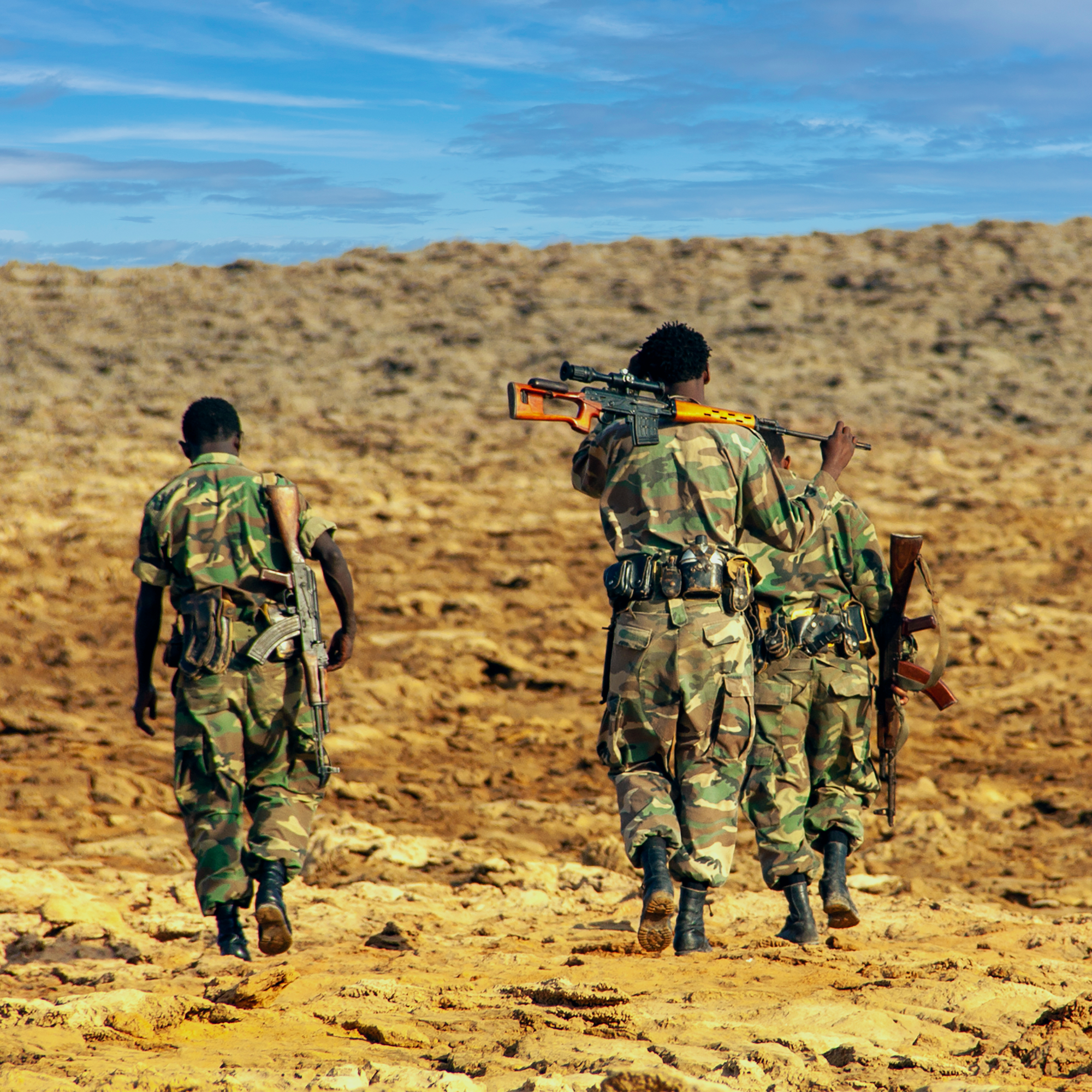
S4 Ep14: How does cultural distance shape conflict?
What determines how a war is fought, and who chooses to fight it? Eleonora Guarnieri of the University of Exeter talks to Tim Phillips about how cultural distance influences whether, and how, sexual violence is used as a weapon of war – and its role in civil conflict in Africa.
30:0510/04/2024

S4 Ep13: Further education in low- and middle-income countries
If you go to college in a low- or middle-income country (LMIC), how does it help you, and what do you get from it? Two questions that would seem to have obvious answers – but these questions may be more complicated for policymakers to answer than they seem. Jishnu Das tells Tim Phillips that “the demographic dividend seems to be turning into a demographic nightmare” – and what researchers and policymakers can do about it.
28:3803/04/2024

S4 Ep12: The psychology of poverty
Does being rich make us happy, or is it being richer than other people that matters? Will interventions that alleviate poverty also improve someone’s well-being? If we can improve a person’s mental health, does this have an economic effect too? Johannes Haushofer and Daniel Salicath tell Tim Phillips what we know so far about these questions, and how future research can help us understand the psychology of poverty.
18:5820/03/2024
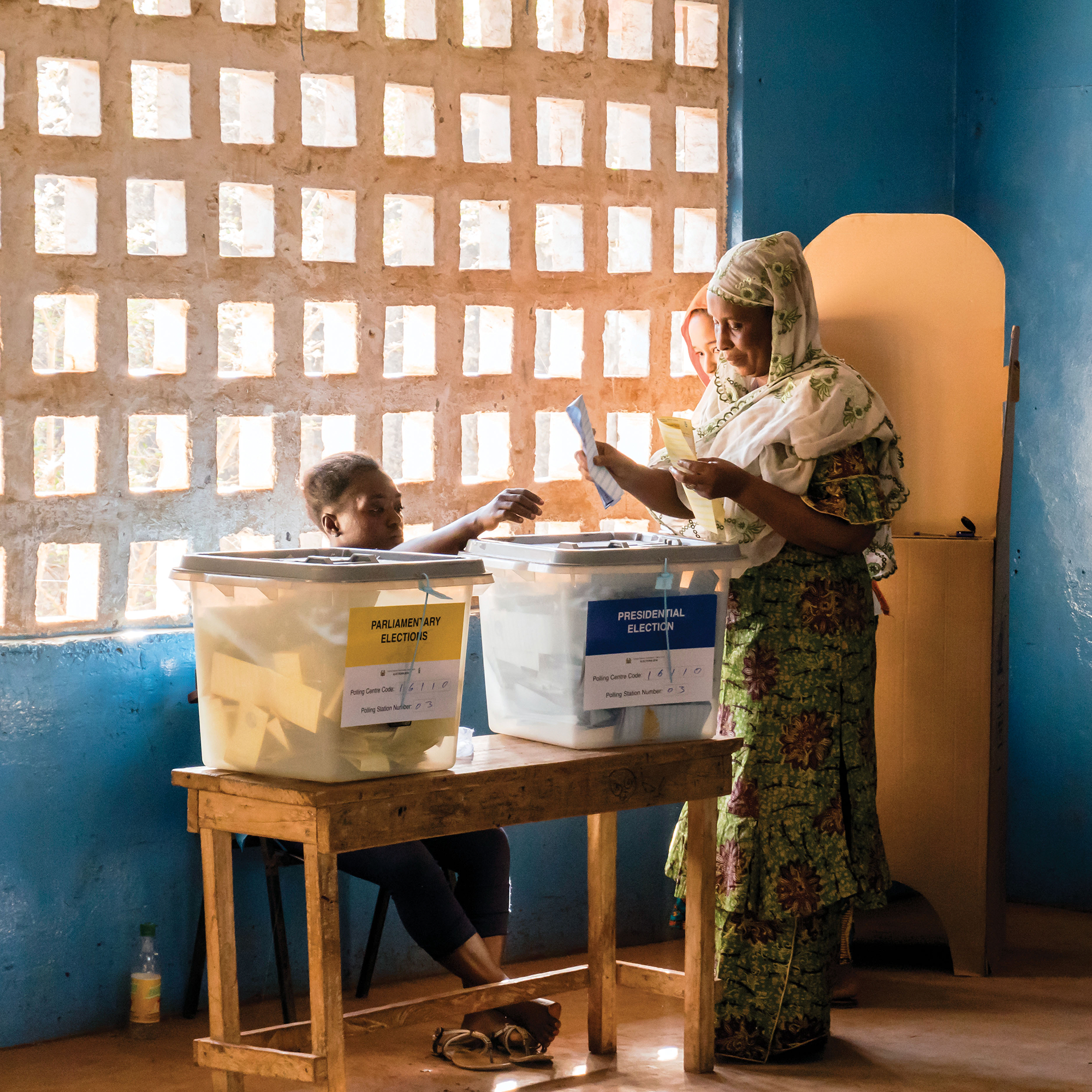
S4 Ep11: Selecting political candidates in Sierra Leone
Who should select political candidates, the people or the party? Abou Bakarr Kamara and Niccoló Meriggi talk to Tim Phillips about an experiment in Sierra Leone that convinced two major political parties to adopt a primary system for candidate selection. Did that mean that different candidates stood in the election, and that different MPs were chosen?
Photo: Carol Sahley/USAID
15:3713/03/2024

S4 Ep10: Universal basic income in Kenya
Universal basic income – UBI – has always been more an economic thought experiment than serious policy idea. It’s now being taken seriously, but any large-scale implementation would need solid empirical evidence to justify the cost. Tavneet Suri tells Tim Phillips about the surprising insights from the early stages of a decade-long test of UBI in Kenya, and what we expect to learn as the experiment progresses.
24:4306/03/2024
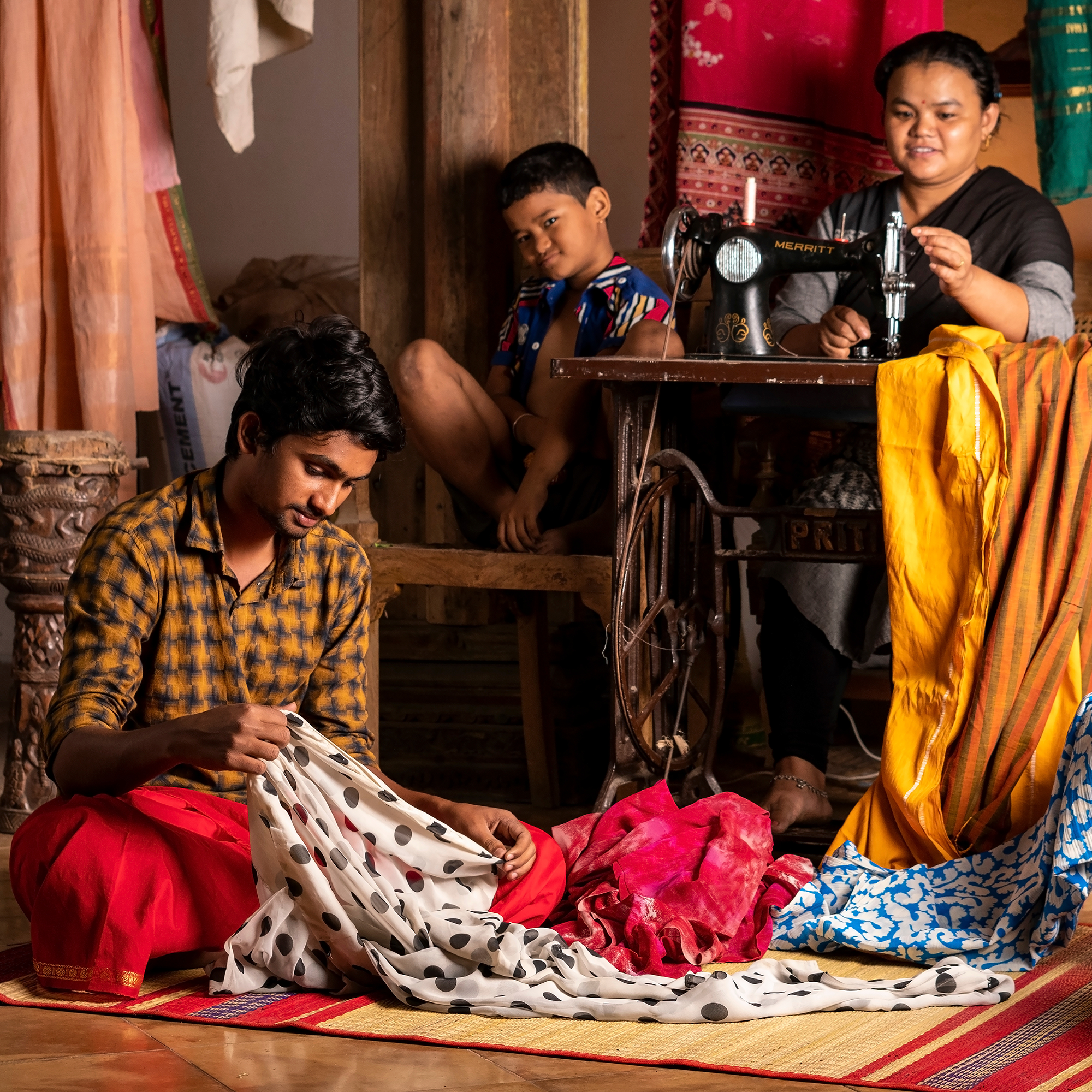
S4 Ep9: Labour market dynamics in LMICs
The process that economists call labour market dynamics lets workers improve their lives by switching jobs. But do our assumptions about it apply in LMICs? Because if the dynamics are different, then maybe the policies should be different as well. Kevin Donovan and Todd Schoellman tell Tim Phillips about the surprising evidence they discovered about labour market flows, and why it might lead us to rethink job creation policy in LMICs.
20:3227/02/2024

S4 Ep8: Humanitarian aid and the costs of inaction
The need for humanitarian relief is at record highs, while support from the international community is dwindling. Should we divert funding from development policies designed to deliver growth to focus on the most efficient ways to provide humanitarian assistance instead? And, if we did, what would those policies be? Arif Husain of the UN WFP tells Tim Phillips about the growing funding gap for aid, the urgent need to improve global food security, and the consequences if we choose not to act.
Photo credit: doganmesut - stock.adobe.com
29:0121/02/2024
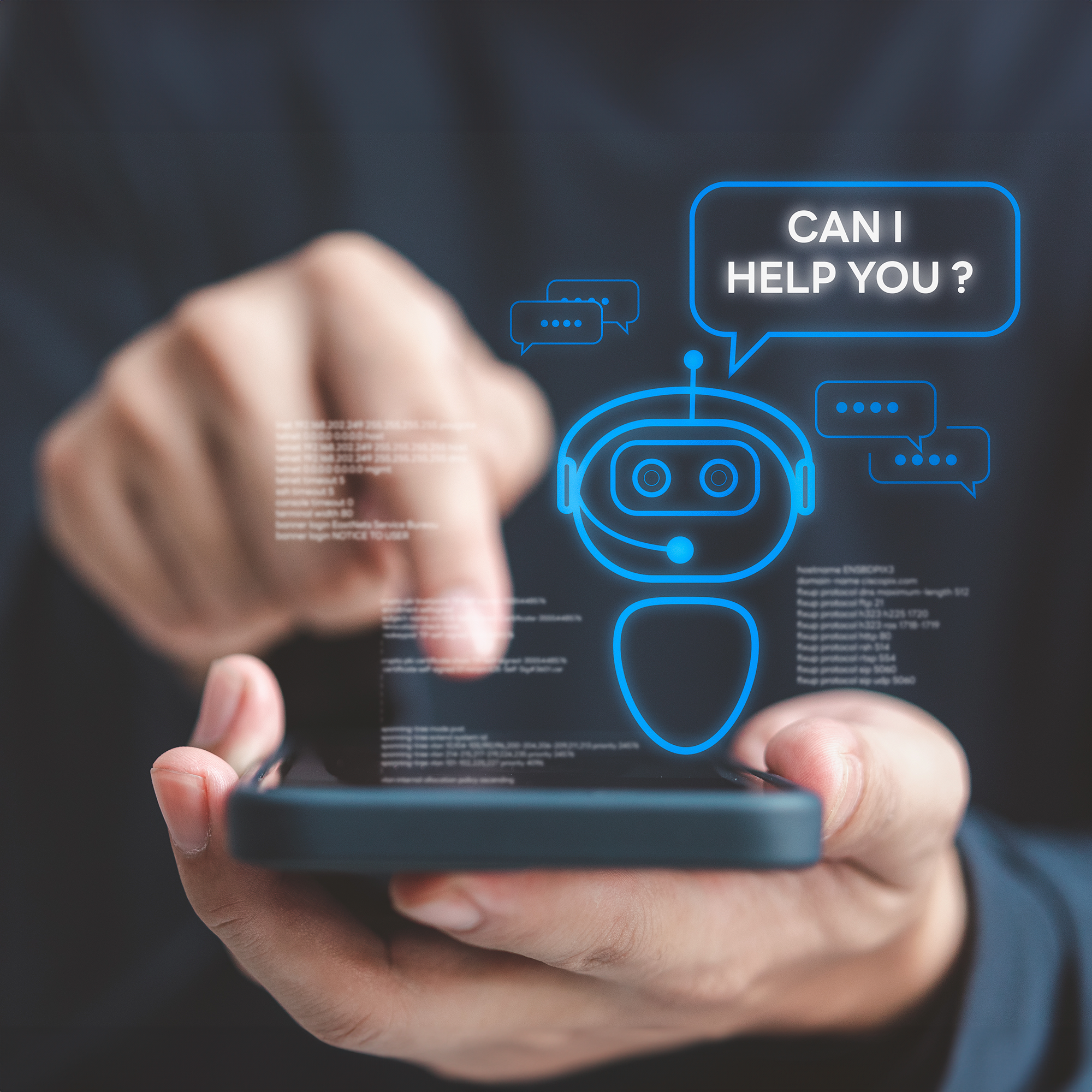
S4 Ep7: AI, entrepreneurs, and development
How useful is generative AI in helping entrepreneurs become more successful? Rem Koning is one of a team of researchers who created an AI mentor for entrepreneurs in Kenya. He tells Tim Phillips about which questions the mentor was asked, and which businesses profited from its AI-driven advice.
26:0214/02/2024

S4 Ep6: Mobile money markets and financial inclusion
Mobile money has created many opportunities for users. But its fees can be expensive. One solution: create competition between mobile money providers in Africa through interoperability. But if we reduce the profitability of providers, might it also reduce network coverage, and therefore financial inclusion too? Nicola Limodio tells Tim Phillips about the upside and downside of competition in Africa’s mobile money market.
19:5507/02/2024

S4 Ep5: Macro development: The emerging agenda
Recorded at CEPR Paris Symposium 2023: How can macroeconomics (and macroeconomists) contribute to what we know about development policy?
The availability of better data has given fresh impetus to the use of macroeconomic models to explain the development process in LICs. Doug Gollin and Paula Bustos talk to Tim Phillips about this emerging agenda, what questions it is helping to answer, and the challenges of the next generation of research.
17:3531/01/2024

S4 Ep4: State capacity and the development of the US
What is the role of state capacity in economic development? Nicola Mastrorocco spent five years digitalising civil service records from a century of economic development in the US, showing how a century of bureaucracy changed the US, and what this tells us about how a state bureaucracy evolves.
21:1824/01/2024

S4 Ep3: Industrial policy for economic development
Research shows that policymakers have consistently endorsed the use of industrial policy. And now economists are increasingly talking about – and researching – the benefits of it too. Dani Rodrik talks to Tim Phillips about what we know about its effectiveness, and the evolving policy agenda that it represents.
20:5417/01/2024

S4 Ep2: Place-based policies and development
How does place-based policy work, and what can it deliver? Gordon Hanson has spent many years studying the economic importance of where people live, and what policy can do to improve those places. He talks to Tim Phillips and what has historically succeeded and failed in US cities, and how that knowledge can be applied elsewhere.
26:2810/01/2024
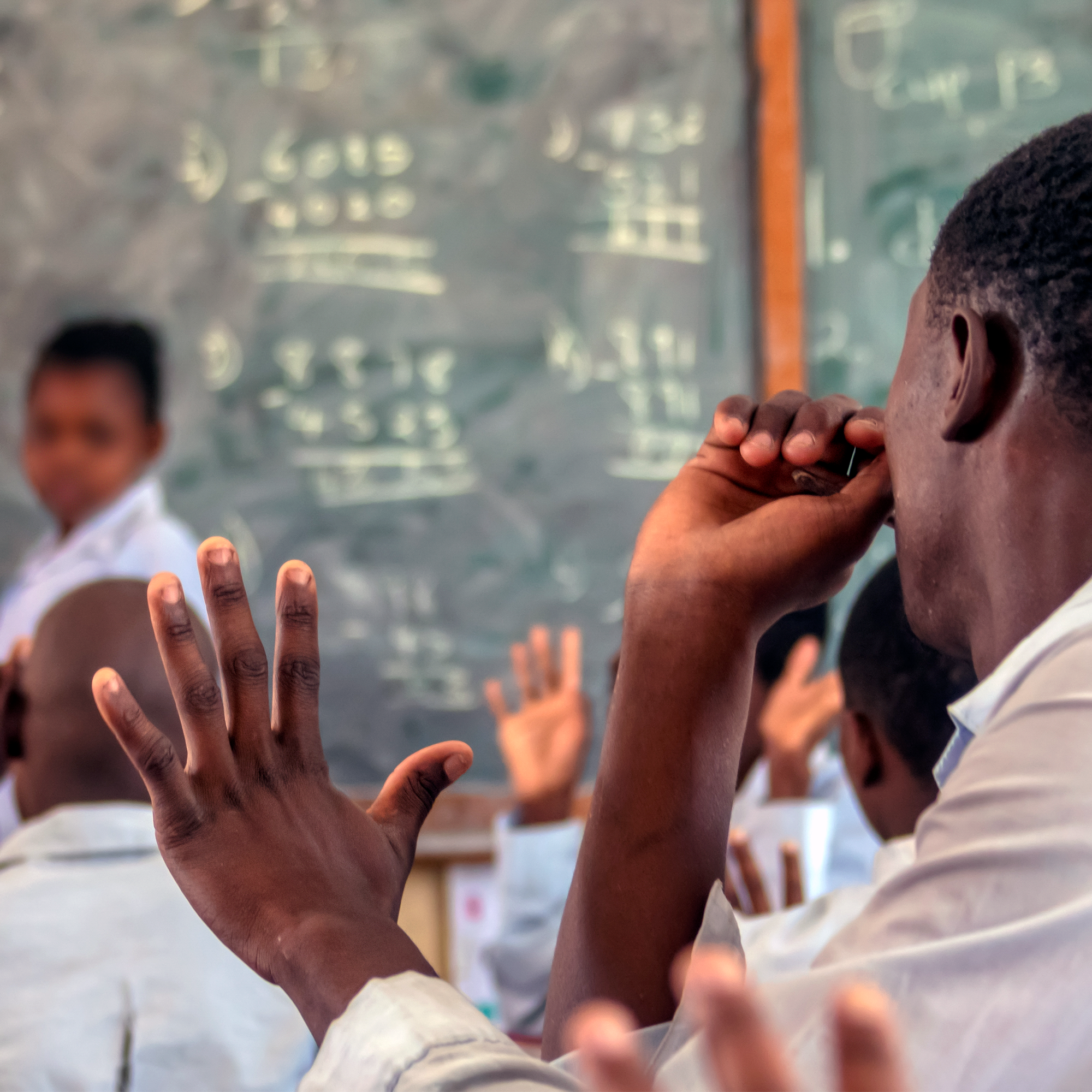
S4 Ep1: Education markets and systems in LMICs
What is the fairest and most efficient way to improve not just access to education, but outcomes too? Should policymakers focus on a broader markets and systems approach to education reform? Emiliana Vegas and Asim Khwaja tell Tim Phillips about what a markets and systems approach to delivering education reform is, and what it has already achieved in Pakistan and Chile.
30:3003/01/2024

S3 Ep45: How should economic researchers give policy advice?
Researchers want to maximise the development impact of their advice. Stefan Dercon tells Tim Phillips, that to do this, they need to consider the local political constraints and opportunities, and not be “The sort of technocrat that says ‘’nothing to do with me, it’s someone else’s problem’.”
32:0319/12/2023
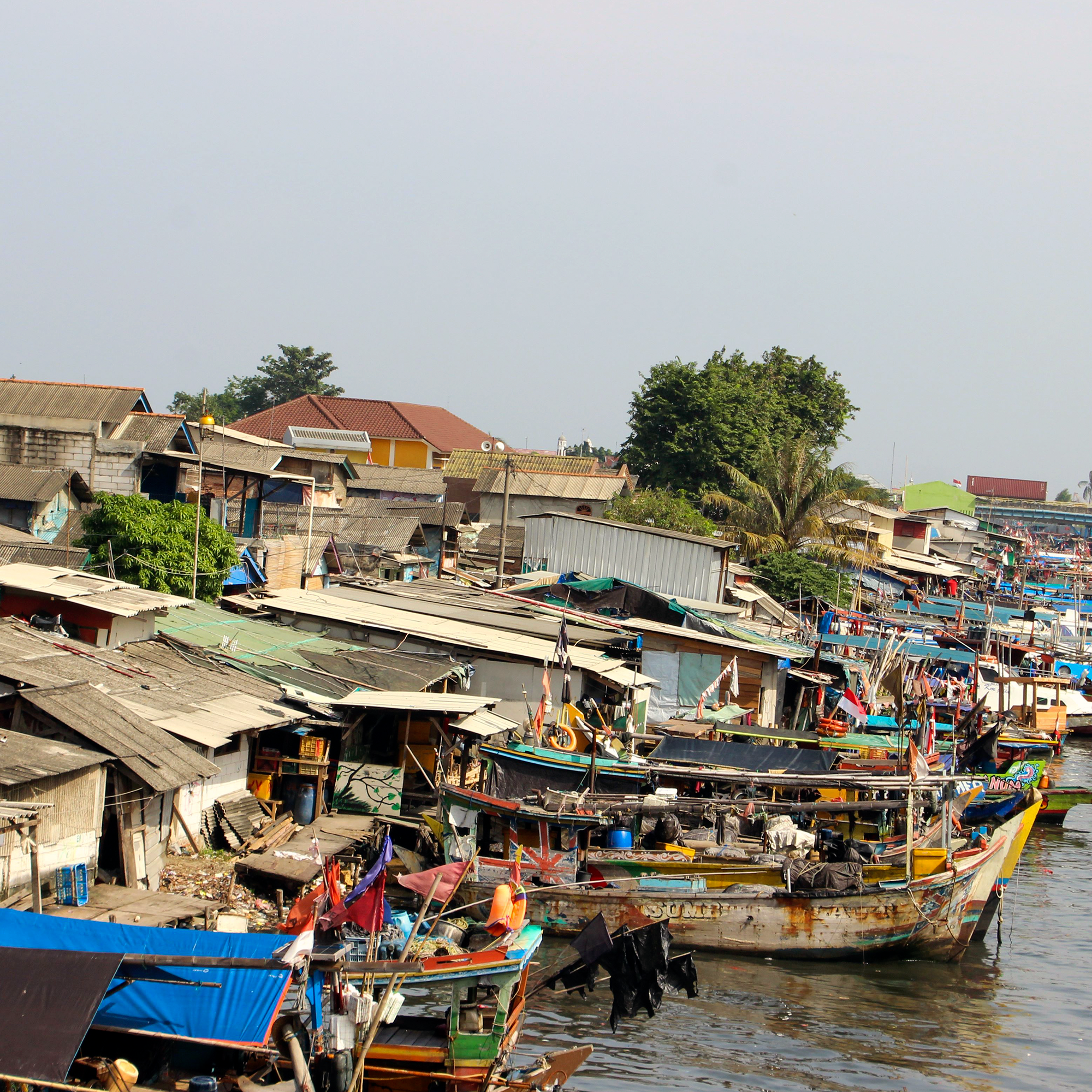
S3 Ep44: How can policy respond to rising seas?
While the news agenda is grabbed by droughts, hurricanes and wildfires, the inexorable rise in sea level is less easy to see. But it will affect billions of people living in coastal regions in our lifetimes. What are the possibilities for, and costs of, adaptation? Allan Hsiao discusses how low-lying cities like Jakarta will cope.
20:5514/12/2023

S3 Ep43: The social cost of carbon
What is the social cost of carbon? What can it tell us about the effects of, and the feasibility of policies to cope with, climate change? Michael Greenstone tells Tim Phillips about how the process of assigning a value to the cost of emissions, and how that can help us to think clearly about the choices we make.
21:1812/12/2023





